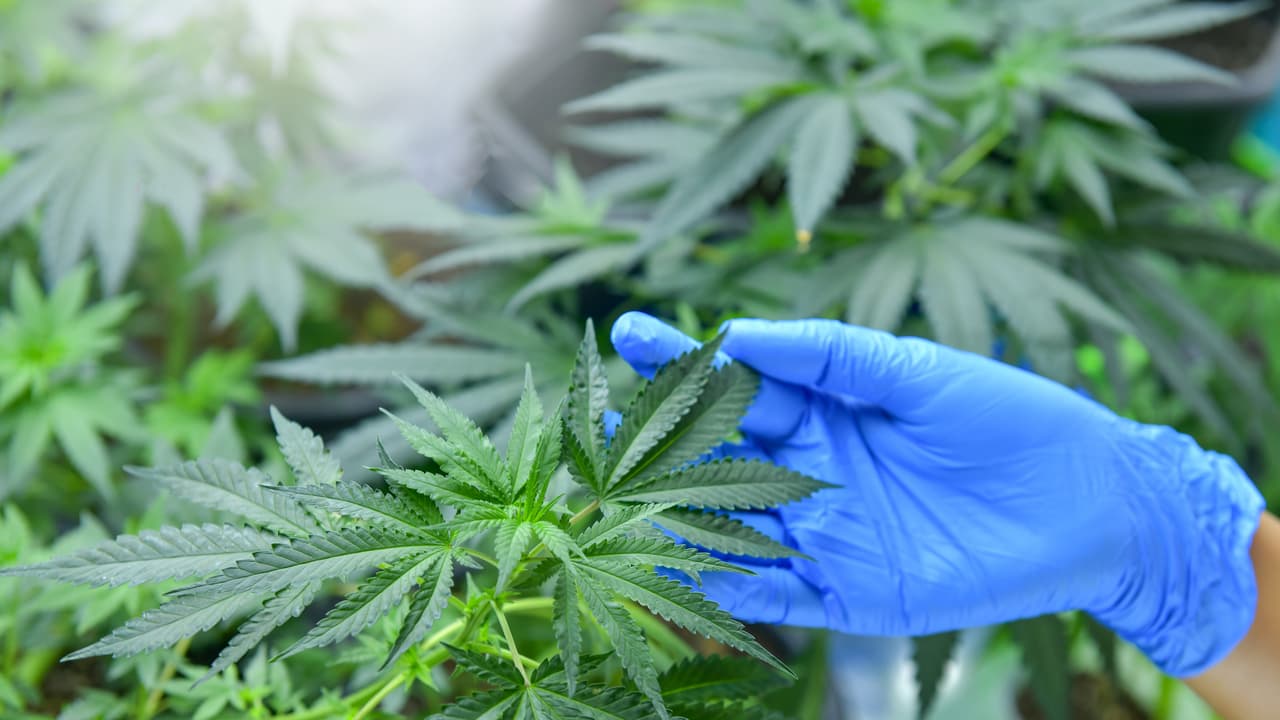A large study of over 4 million adults finds cannabis users face nearly four times the risk of developing type 2 diabetes within five years, raising concerns about hidden metabolic risks.
As cannabis becomes increasingly common around the world, new research is raising alarms about its hidden impact on health. A large-scale analysis of medical records from more than four million adults across Europe and the United States suggests that cannabis users face nearly four times the risk of developing type 2 diabetes compared with non-users.
The findings, presented this week at the European Association for the Study of Diabetes (EASD) annual meeting in Vienna, mark one of the most comprehensive examinations yet of cannabis and metabolic disease.
“Cannabis use is expanding globally, but its long-term health effects remain poorly understood,” said lead investigator Dr. Ibrahim Kamel of Boston Medical Center. “Our results highlight a striking increase in diabetes risk, which should not be overlooked in public health discussions.”
The research team drew on the TriNetX Research Network, which includes data from 54 healthcare systems across the U.S. and Europe. They tracked nearly 97,000 adults with cannabis-related diagnoses—ranging from casual use to dependence—over five years and compared them with more than 4.1 million adults of similar age and health who did not use drugs.
At the end of the study, 2.2% of cannabis users had developed type 2 diabetes compared with just 0.6% of non-users. After adjusting for known risk factors such as cholesterol, blood pressure, alcohol use, and other lifestyle factors, the data still pointed to cannabis use being strongly linked with a higher diabetes risk.
Scientists caution that the study does not prove cannabis directly causes diabetes. Factors like poor diet, lifestyle habits, or the way cannabis interacts with insulin and glucose metabolism may all play roles. Still, the scale of the study makes the findings difficult to ignore.
The authors say the results underscore the need for metabolic monitoring among cannabis users, especially as legalization and social acceptance grow worldwide. Doctors may need to routinely ask patients about cannabis use when assessing diabetes risk, much as they already do with alcohol or tobacco.
“This evidence should inform both patients and healthcare providers,” Dr. Kamel said. “Cannabis may not be harmless, and its potential risks deserve the same attention as other widely used substances.”
While more research is needed—particularly into whether edibles, vaping, or smoking carry different risks—the study adds a new dimension to the debate over cannabis and public health.
For now, the message is clear: the plant often thought of as natural or benign may carry a far greater cost to metabolic health than once believed.
